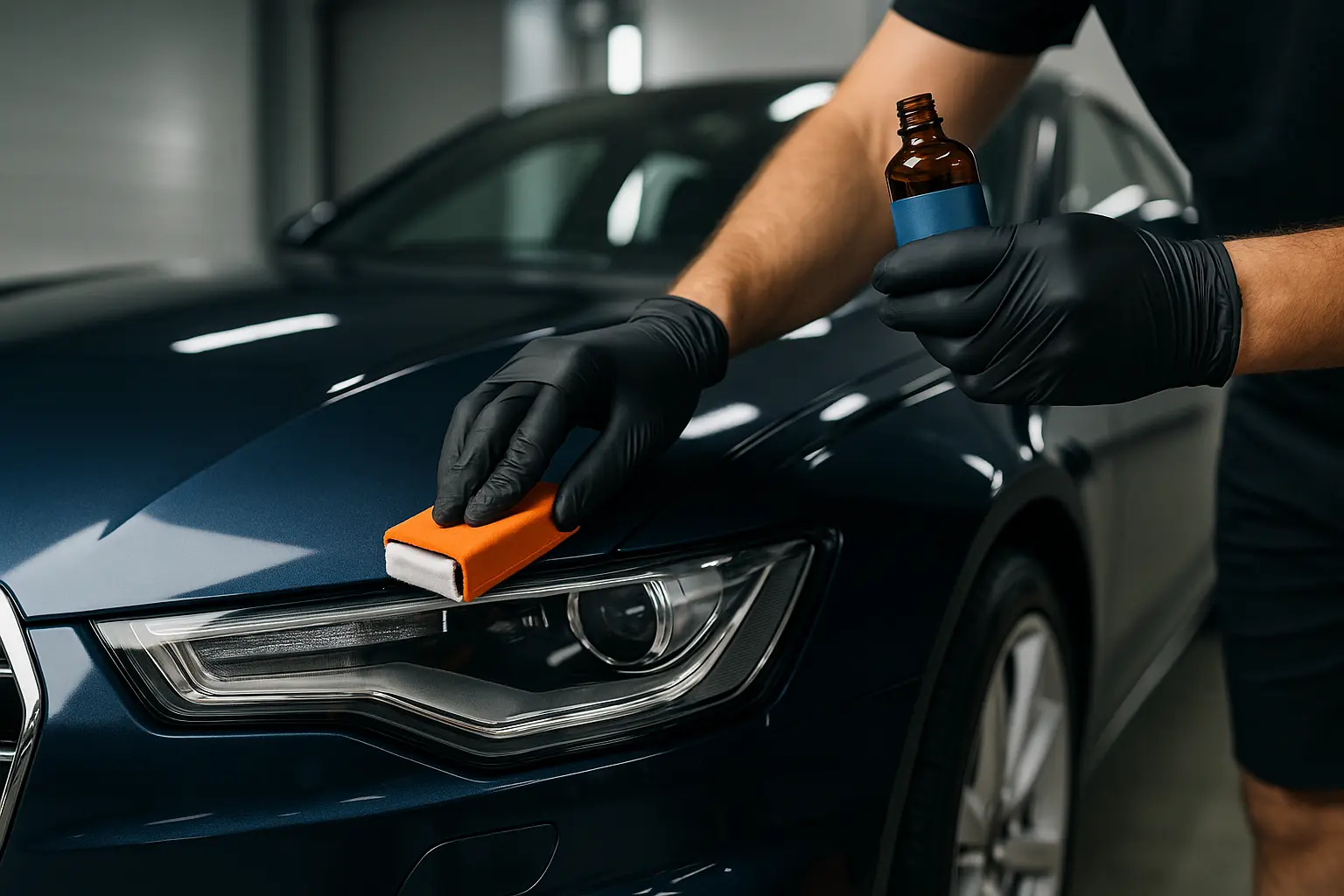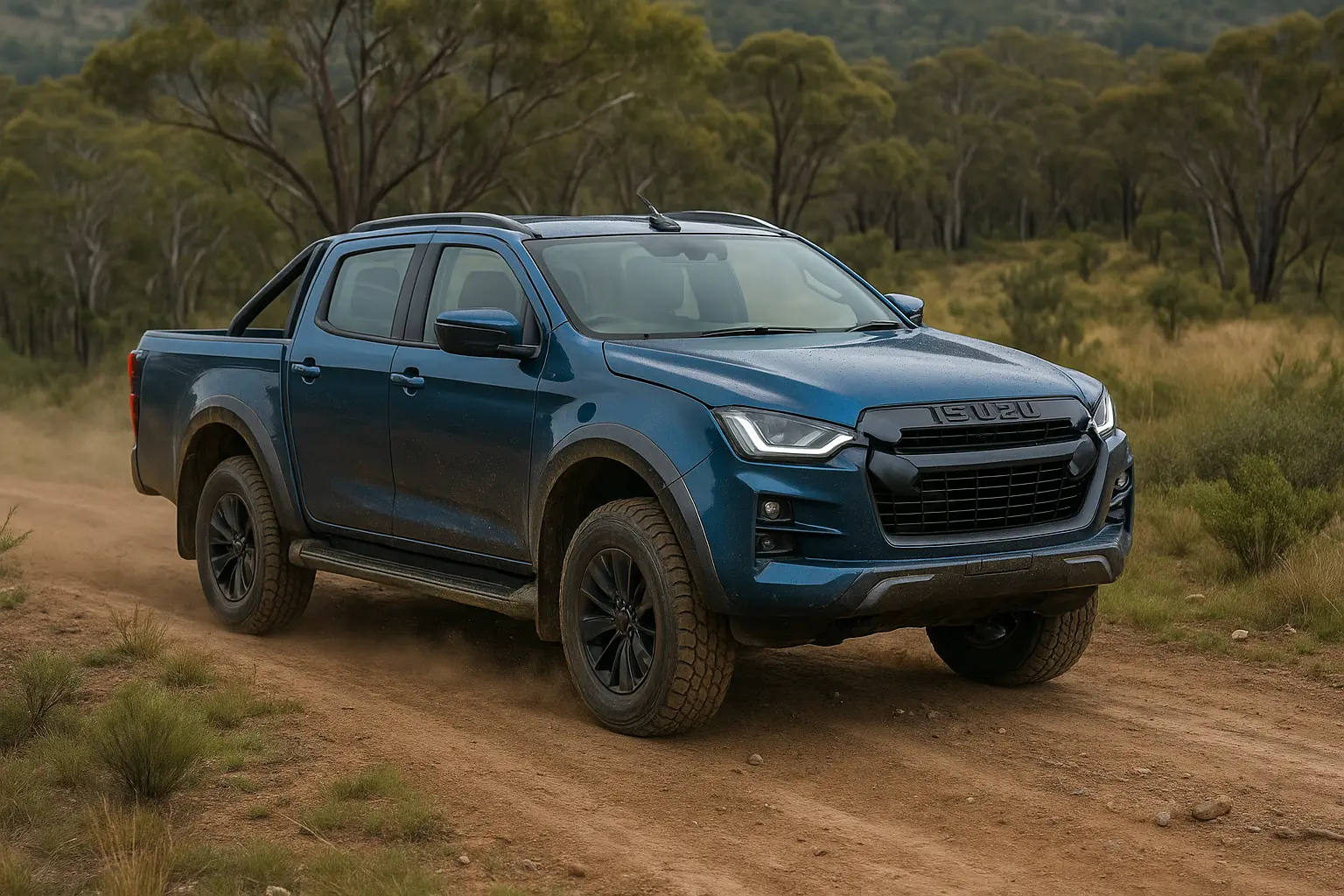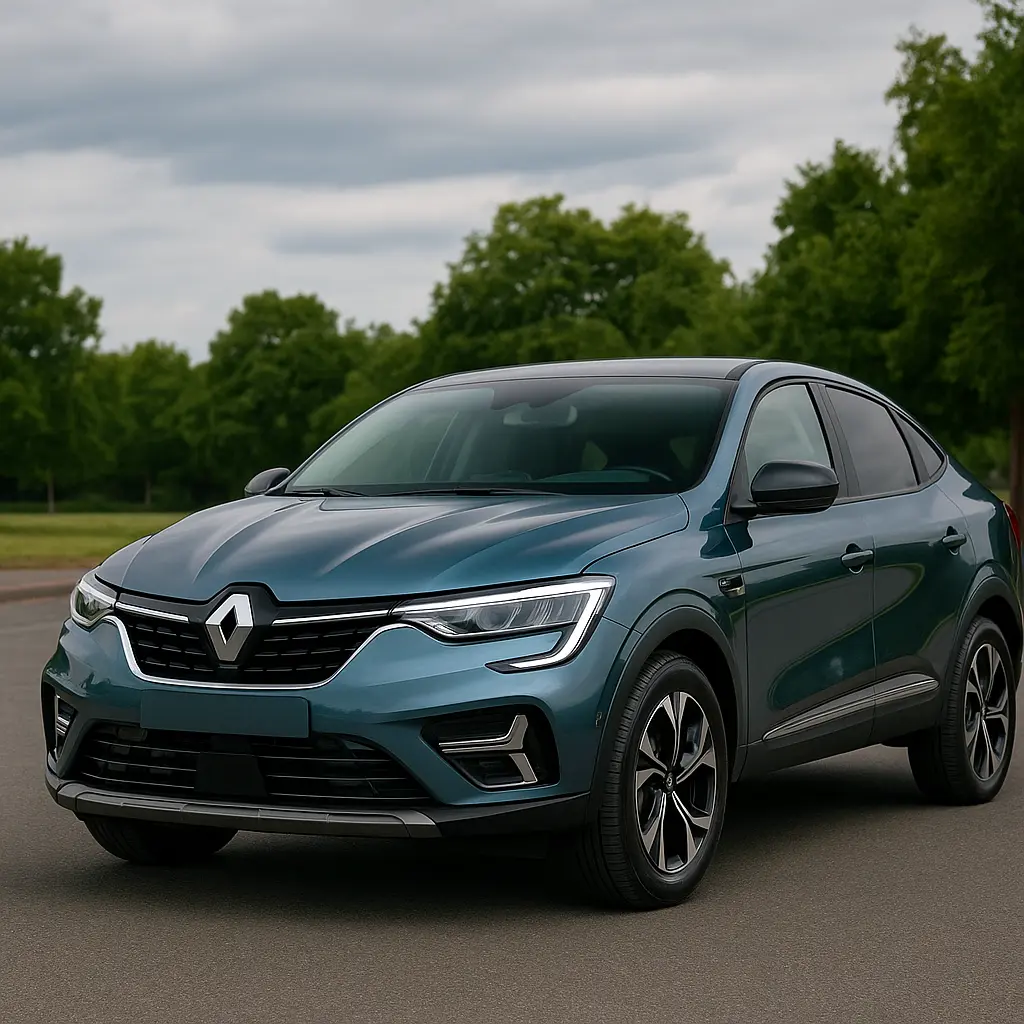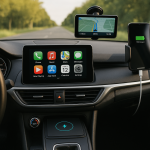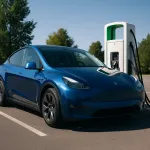Should You Get Ceramic Coating for Your Car? Pros and Costs in 2025
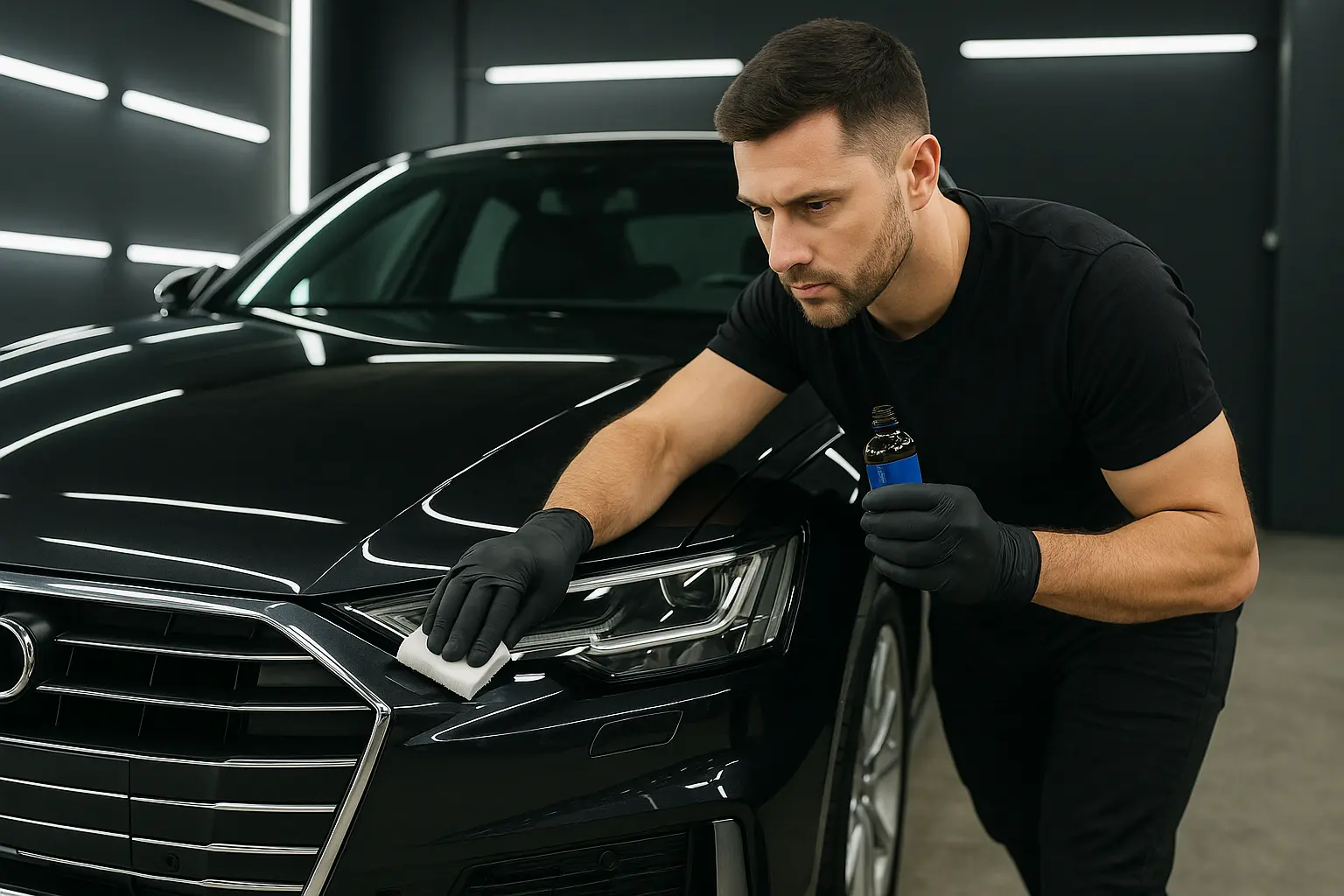
In 2025, ceramic coatings continue to rise in popularity among Australian car owners, detailers, and even new car buyers. With our climate bringing harsh UV exposure, dusty outback roads, salty coastal air, and unpredictable downpours, protecting your car’s paint is more important than ever.
But is ceramic coating truly worth the cost? How does it compare to traditional waxing or paint protection films (PPFs)? And what should you expect to pay in 2025?
This comprehensive blog explores every angle of ceramic coating – from how it works and what it costs to how long it lasts and whether it's worth the investment in Australia.
1. What Is Ceramic Coating?
Ceramic coating is a liquid polymer applied to the exterior of a car to protect the paint. Once cured, it forms a strong, hydrophobic (water-repelling) layer that bonds chemically with your car’s paintwork.
How It Works:
The ceramic solution contains silica dioxide (SiO2), which forms a hard, clear layer.
It creates a glossy, slick finish that repels dirt, water, and contaminants.
Unlike wax, which sits on top of the paint, ceramic coatings bond at the molecular level.
Types of Ceramic Coating:
Professional-Grade (9H or higher): Applied by certified installers, long-lasting (up to 5–7 years).
DIY Kits: More affordable, typically last 1–2 years.
2. Benefits of Ceramic Coating – Why Aussies Love It
Ceramic coatings offer a wide array of benefits, especially in the context of Australia's extreme and varied climate.
✅ UV Protection
The Aussie sun is unforgiving. Ceramic coatings block UV rays, preventing your car’s paint from fading or oxidising.
✅ Hydrophobic Properties
Water, mud, and road grime bead off the surface, making your car easier to clean – perfect for both city cars and 4WDs hitting the bush.
✅ Scratch Resistance
While not bulletproof, ceramic coatings do offer some resistance to light scratches and swirl marks from washing or dust.
✅ Chemical Protection
Protects against acidic bird droppings, tree sap, bug splatter, and road salt – all of which can corrode or stain your paint.
✅ Gloss & Aesthetics
That deep, “wet” glossy look stays for years without constant waxing.
✅ Ease of Cleaning
Dirt doesn’t bond easily, reducing wash time and effort – a big win in rural areas or for dark-coloured cars that show dirt.
3. Ceramic Coating vs Wax vs PPF
| Feature | Ceramic Coating | Car Wax | Paint Protection Film (PPF) |
|---|---|---|---|
| Durability | 2–7 years | 2–6 months | 5–10 years |
| Cost | Medium to High | Low | High |
| Gloss Finish | Excellent | Good | Good |
| Self-Healing | No | No | Yes (on premium PPF) |
| Scratch Resistance | Moderate | Low | High |
| UV Protection | Yes | Yes | Yes |
| DIY Options | Yes | Yes | No |
Verdict:
Wax is good for budget protection but requires frequent reapplication.
PPF is best for those seeking maximum scratch protection.
Ceramic coating strikes a balance between longevity, protection, and aesthetics.
4. Cost of Ceramic Coating in Australia (2025 Prices)
Prices have stabilised in 2025, but quality still dictates cost. Here’s a breakdown:
Professional Application:
| Car Size | Cost Range (AUD) | Duration |
|---|---|---|
| Small Hatch | $800 – $1,200 | 2–5 years |
| Sedan | $1,000 – $1,500 | 3–5 years |
| SUV/4WD | $1,300 – $2,000 | 3–7 years |
| Luxury/Sports | $2,000 – $4,000 | 5–7 years |
DIY Ceramic Kits:
$100 – $250 for a kit
Good for short-term use (1–2 years)
Requires prep work and ideal conditions
Extras:
Paint correction (before coating): $300 – $700
Glass/wheel coatings: +$100–$300
5. Is It Worth the Investment?
The key question for most Aussie buyers.
It Is Worth It If:
You plan to keep the car for 3+ years
You want to protect resale value
Your car is parked outdoors often
You value low-maintenance cleaning
You drive on rural, coastal or dusty roads
It May Not Be Worth It If:
You trade cars often (under 2 years)
You already garage and detail regularly
You prefer budget-friendly detailing
You’re fine with regular waxing
6. Ceramic Coating Maintenance Tips
Contrary to what many think, ceramic-coated cars still need maintenance.
🧽 Wash Regularly:
Use pH-neutral car shampoo
Avoid automated brushes
🧴 Use Ceramic Boost Sprays:
Every 3–6 months
Enhances hydrophobic properties
🚫 Avoid Harsh Chemicals:
No degreasers or acid-based wheel cleaners
🕓 Don’t Skip Routine Washes:
Coatings reduce dirt build-up but don’t eliminate it
❗Pro Tip:
Clay barring is not recommended on ceramic coatings – it can remove the protective layer.
7. What Aussie Detailers Are Saying in 2025
Top detailers across Sydney, Melbourne, Brisbane, and Perth agree that ceramic coatings have matured.
“In 2025, clients understand the value better. It’s no longer a gimmick – it’s an expectation for anyone buying a new car over $30K.” – Brisbane-based detailer
“We’re seeing more utes, hybrids and electric vehicles coming in for coatings. Paint quality has improved, but so has the risk of damage in our climate.” – Perth-based ceramic specialist
Many new car dealerships even offer ceramic coating packages at delivery – but beware: some are overpriced for the quality provided.
8. Should You Ceramic Coat a Used Car?
Absolutely – if the paint is in good condition.
Checklist:
Car has no major scratches or fading
Full paint correction is done first
You plan to keep it for 2+ years
Used cars can benefit massively – not just from protection but also the restoration of gloss.
9. Electric Cars & Ceramic Coating
EV buyers in Australia are rapidly adopting ceramic coatings. Here's why:
More delicate paint: Some EVs have thinner eco-friendly paint
Sleek designs: Gloss enhances futuristic styling
Low maintenance appeal: Matches EV owners’ desire for easy upkeep
Popular EVs Getting Coated:
Tesla Model Y & Model 3
Hyundai Ioniq 5
Polestar 2
BYD Seal
Kia EV6
10. Common Myths About Ceramic Coating (Debunked)
❌ Myth 1: It Makes Cars Scratch-Proof
Fact: It reduces light scratches but not deep gouges or impact marks.
❌ Myth 2: It Lasts Forever
Fact: Even pro coatings wear over time and need maintenance or reapplication.
❌ Myth 3: You’ll Never Wash Your Car Again
Fact: Washing becomes easier, but not unnecessary.
❌ Myth 4: It’s Only for Expensive Cars
Fact: Budget and used cars benefit significantly from coating – especially in tough climates.
11. Ceramic Coating vs Graphene Coating in 2025
Graphene coatings have entered the market as a competitor.
| Feature | Ceramic | Graphene |
|---|---|---|
| Durability | 2–7 years | 5–10 years |
| Water Beading | Excellent | Excellent |
| Heat Resistance | Good | Better |
| Slickness | High | Higher |
| Price | $$ | $$$ |
Verdict: Graphene is the future, but ceramic remains the best balance between cost and protection for most Aussies in 2025.
12. Final Verdict – Should You Get Ceramic Coating in 2025?
If you value paint protection, easier cleaning, and long-term shine – yes, ceramic coating is absolutely worth it.
For the average Aussie driver in 2025, especially those living near the coast, in sunny climates, or driving frequently – ceramic coating is no longer just a luxury, but a smart investment.
Summary: Key Takeaways
✅ Protects paint from UV, grime & bird droppings
✅ Enhances resale value
✅ Saves time and effort in cleaning
✅ Ideal for EVs, daily drivers, and road trippers
✅ DIY or pro-grade options available
✅ Costs vary by vehicle size & brand
✅ Worth it if you plan to keep your car for 3+ years
Leave a comment
Your email address will not be published. Required fields are marked *


